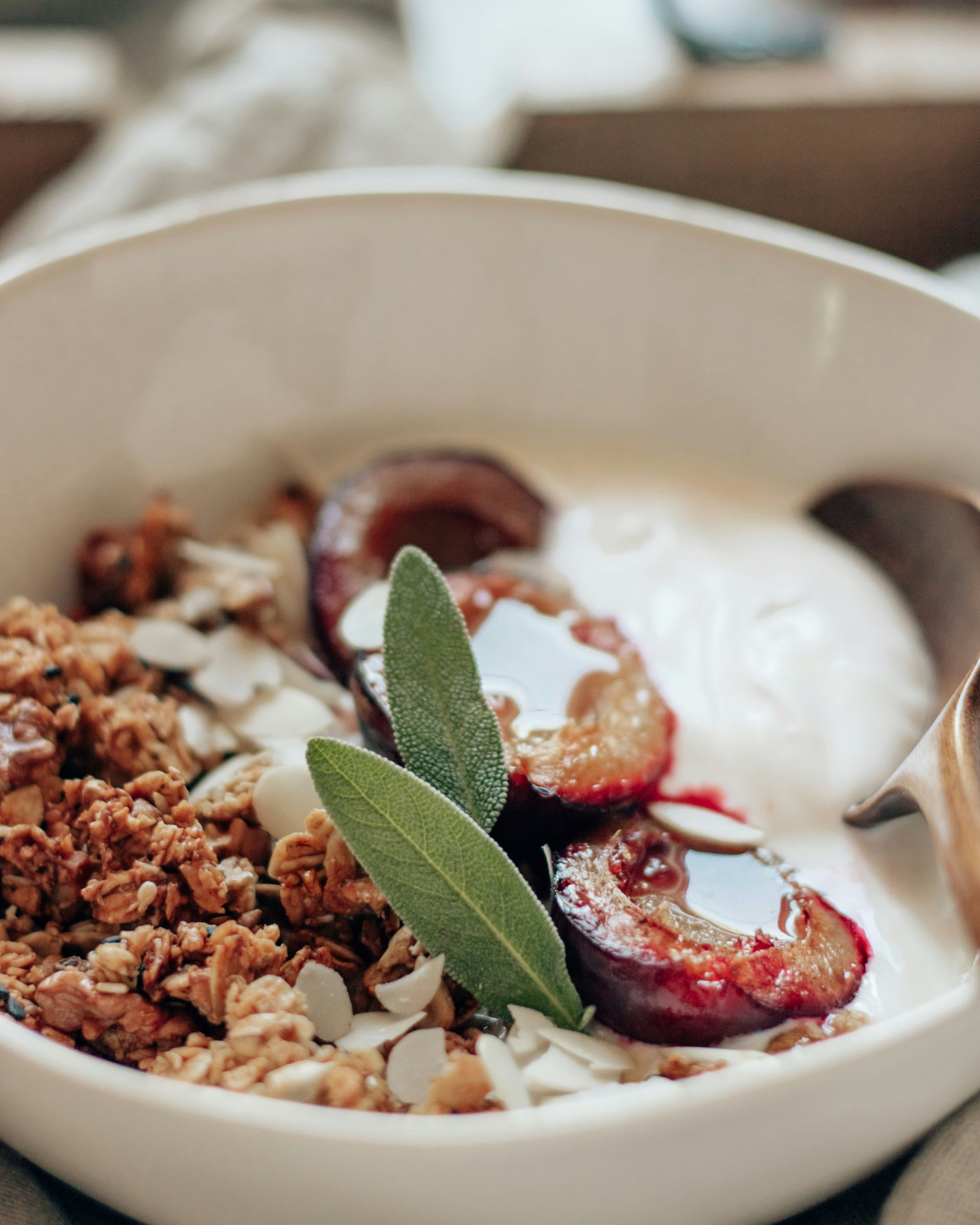
What is L-Carnitine?
L carnitine is a compound naturally produced in our body and is involved in energy metabolism, by transporting long-chain fatty acids into mitochondrial cells in our muscles for energy production.
Because of its role in energy metabolism, it has been on retail shelves for many decades promoted as a ‘fat burner’’. This supplement is most popular in gyms as bodybuilders and fitness enthusiasts worldwide try to get a leaner and more ‘toned’ look coming towards the summer.
What is the theory?
Owing to the metabolic duties of L-carnitine stated above, the general advice from your average gym-joe is to consume 12g of L-carnitine a day, over 2-3 doses, combined with a vigorous resistance training protocol and low carbohydrate diet.
I tried it out, and it worked Jay!
Yes, if you did exactly as our famed gym joe told you then well done! He gave you good advice, but did you lose weight BECAUSE of L-carnitine? or was it because of the low-carbohydrate diet and intense training sessions?
Theoretically, if I combine a vigorous training program with a low-carbohydrate diet and have malt-vinegar with my coffee every morning, can I go out and preach how malt vinegar with coffee is God’s secret to fat loss?
My question is...
What does the research say?
Despite widespread interest among the fitness community to use L-carnitine for improvement of exercise performance and/or bodyfat percentages, there is a narrow array of research studies assessing the long-term effects of L-carnitine whilst controlling for diet and exercise. The research that does consider these factors, prohibits any substantial conclusion from being met regarding the positive effects of L-carnitine in exercise.
So what now?
Stop believing what person X tells you, do the research yourself through scientific studies found on Google Scholar or PubMed and find out, and if there’s a clear lack of research then you ask yourself, “If there’s no research, how does X know that this works?”
Alternatively, email Jay at elitefitnessperformanceuk@gmail.com for any fitness/health-related questions and he will definitely give you an honest and proof guided opinion.

Start Today!
Ready to transform your fitness journey? Take the first step towards achieving your goals with personal training!
My take on Health and Fitness



